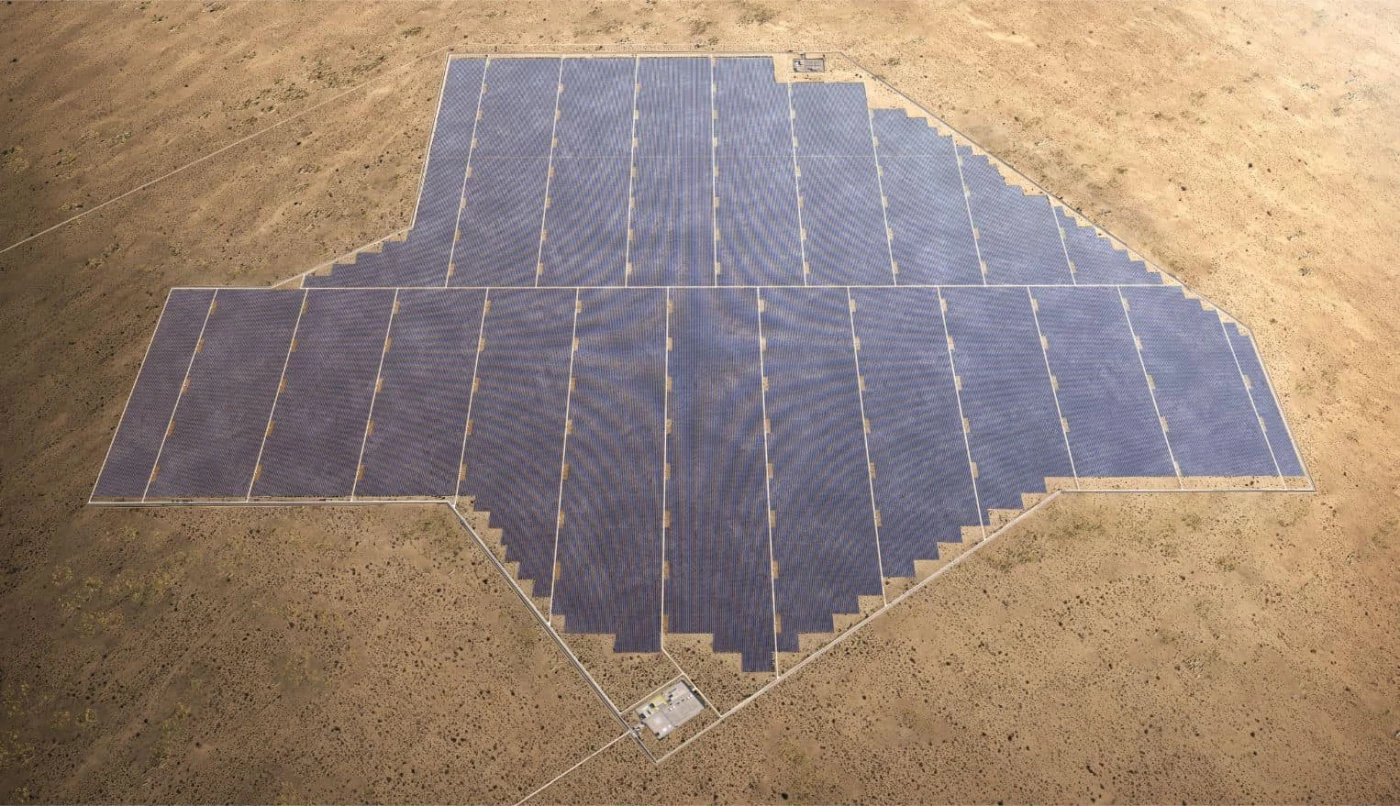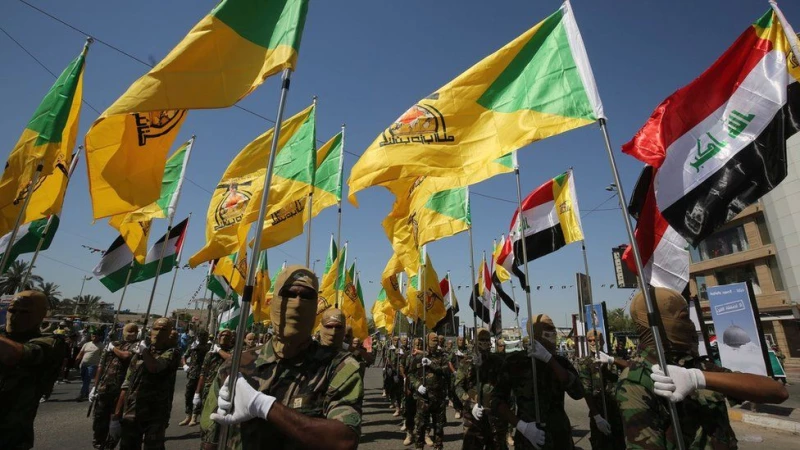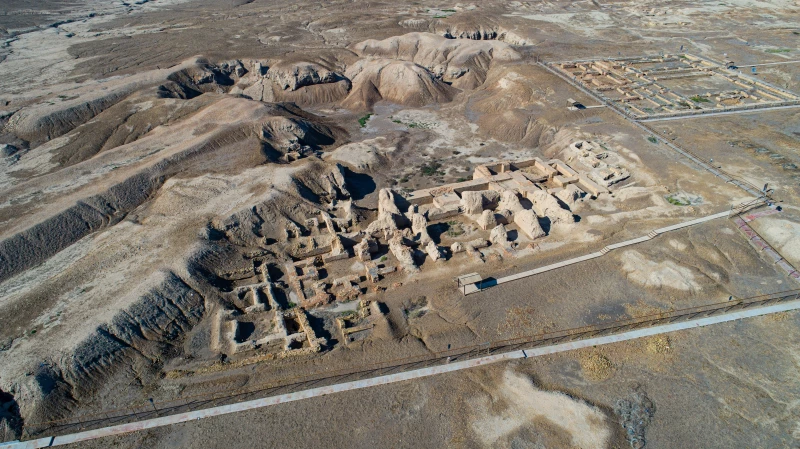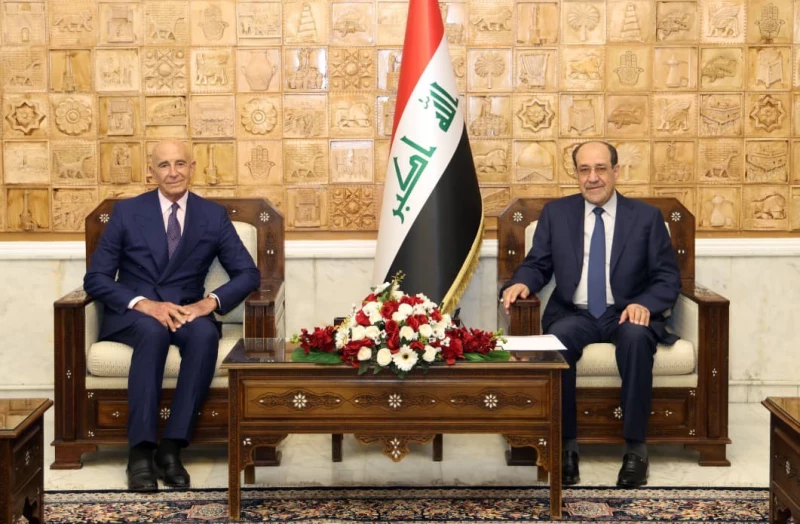ERBIL, Kurdistan Region of Iraq – An Iraqi oil ministry advisor told state media on Monday that the adoption of renewable energy would add 250,000 barrels of crude oil per day to the country’s oil exports.
"Iraq consumes approximately a quarter of a million barrels of crude oil per day for power generation, and the shift to clean energy and adjusting the national mix will provide this amount for export, which will positively impact the country's economic situation," said Abdul Baqi Khalaf, the oil ministry’s advisor for energy affairs.
Iraq has attempted in recent times to move toward a more sustainable and viable energy solution. The country announced in March that it had begun installing solar power systems on 5,000 government buildings, with the first phase covering 543 structures, including 290 schools and 24 health centers.
The Iraqi electricity ministry announced, also in March, the launch of the country’s largest solar project in the southern part of Basra. The project, named “Shams al-Basra,” Arabic for the Sun of Basra, consists of four generating units, made up of two million panels, extending across an estimated area of 9,000 dunams, according to a statement from the Ministry of Electricity.
Iraq’s focus on renewable energy sources also aims to cut down on the need to import gas and electricity from Tehran, which accounts for between 30 to 40 percent of its energy needs. Baghdad has attempted to achieve self-sufficiency and address its reliance on Iranian gas to meet its local needs.
Addressing Baghdad’s dependence on imports, Khalaf said that the Iraqi oil ministry has “worked over the past years” to reduce this reliance, adding that if not for “recent gas shortages resulting from regional conditions,” Iraq had reached self-sufficiency for gasoline and gasoil.
Previous US administrations have repeatedly renewed a waiver permitting Iraq to purchase Iranian electricity, as the country continues to struggle with providing power to its people.
A National Security Presidential Memorandum by US President Donald Trump to impose further sanctions on Iran in early February said that the Secretary of State shall “modify or rescind sanctions waivers, particularly those that provide Iran any degree of economic or financial relief.”



 Facebook
Facebook
 LinkedIn
LinkedIn
 Telegram
Telegram
 X
X


